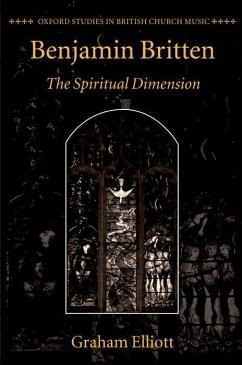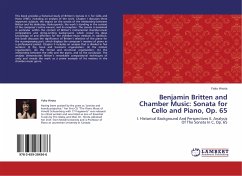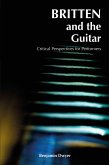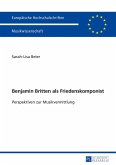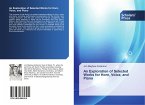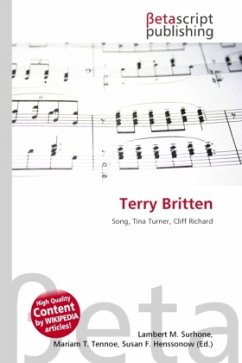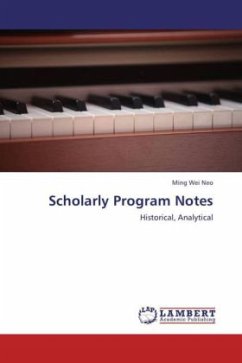Part Two examines a wide range of the composer's music in which a spiritual dimension can be traced. The specifically liturgical music has received rather less critical notice than Britten's larger works. The music is discussed here, and shown to possess musical characteristics in common with the larger works. Britten could not be described as a conventional Christian; still less is it true to describe him, as Eric Walter White has done, as 'keen, wherever possible, to work within the framework of the Church of England'. Nevertheless, his spirituality was rooted in the religious experience of his childhood. This book seeks to demonstrate that Britten retained a sense of the Christian values absorbed in childhood and adolescence, and that these - along with the specifically Christian heritage of plainsong - were strongly influential in his choice and treatment of themes.
The importance of "the things spiritual" in Britten's work has long been ignored. In his book Graham Elliott examines this importance in his analysis of the composer's choice and treatment of subjects, and his use of musical influences-- especially plainsong--which have a direct association with spirituality.
Hinweis: Dieser Artikel kann nur an eine deutsche Lieferadresse ausgeliefert werden.
The importance of "the things spiritual" in Britten's work has long been ignored. In his book Graham Elliott examines this importance in his analysis of the composer's choice and treatment of subjects, and his use of musical influences-- especially plainsong--which have a direct association with spirituality.
Hinweis: Dieser Artikel kann nur an eine deutsche Lieferadresse ausgeliefert werden.

